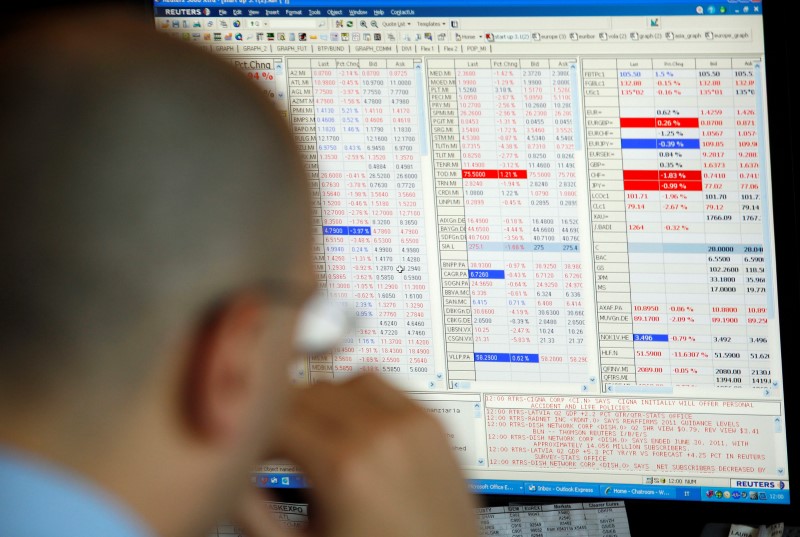About a third of all stock trades now take place in the last 10 minutes of trading sessions, up from 27% in 2021, Bloomberg reported Wednesday, according to trading algorithm developer BestEx Research.
Similar trading patterns in Europe indicate the trend could be affecting market liquidity and distorting prices, providing new evidence for critics of the surge in passive investing. Index funds, which typically take trades at the close of the day to match the underlying prices they track, have become an important driver of this change.
Assets managed by passive equity funds have soared and now exceed $11.5 trillion in the U.S. alone, according to Bloomberg Intelligence. This shift to late-session trading attracted more active traders during these peak hours, creating a cycle that intensifies.
In Europe, the closing auction, which takes place after regular trading hours, has increased to 28% of total trading volume on public marketplaces, up from 23% four years ago, according to Bloomberg Intelligence and analytics firm Big Xyt.
“It is common knowledge that closing auctions are very, very good mechanisms for closing markets,” said analysts at Goethe University Frankfurt, co-authors of a new research paper entitled “Volume Bias to Close: Implications for Price Discovery (NASDAQ:).” and market quality.”
“This may be true, but if we have such a shift in volumes to this very last trading opportunity of the day, we may see price inefficiencies,” they added.
The study, authored by analysts, looked at large-cap stocks on the London, Paris and Frankfurt stock exchanges over the four years to mid-2023.
remove advertising
.
They found that while stock prices fluctuate between the end of regular trading and the final auction, 14% of this movement reverses overnight, indicating that these changes are driven by trade flows rather than fundamentals.
The new findings are consistent with previous research, including a 2023 US study that also found that price movements during closing auctions tend to reverse overnight due to liquidity dynamics.
The findings support broader criticisms of passive investing, such as its ability to indiscriminately boost company valuations and disrupt markets during large index rebalancings, leading to massive one-way trades. Such problems have drawn harsh criticism from prominent figures such as Elon Musk and Greenlight Capital’s David Einhorn.
Meanwhile, analysts at BestEx Research defend the timing of passive fund trades, suggesting that while they may pay a little more at closing, the overall costs are much less than at other times with lower liquidity.
The U.S. closing price system, which operates in the final minutes of the trading day, processed nearly 10% of all stock trades last month, matching peak levels in 2019, data compiled by Rosenblatt Securities show.
Chuck Mack, head of North America trading services strategy at Nasdaq, notes the transparency of price discovery and the “depth of liquidity” the auction closures provide, highlighting the minimal impact on U.S. intraday liquidity despite increased trading volumes across multiple venues.
Meanwhile, research by analysts in 2022 found that what appears to be market distortions in Europe may be just initial noise at the market open, suggesting intraday liquidity remains resilient.
remove advertising
.
Analysts said regulators have no cause for concern yet, “but should continue to monitor the situation in case anything changes.”


